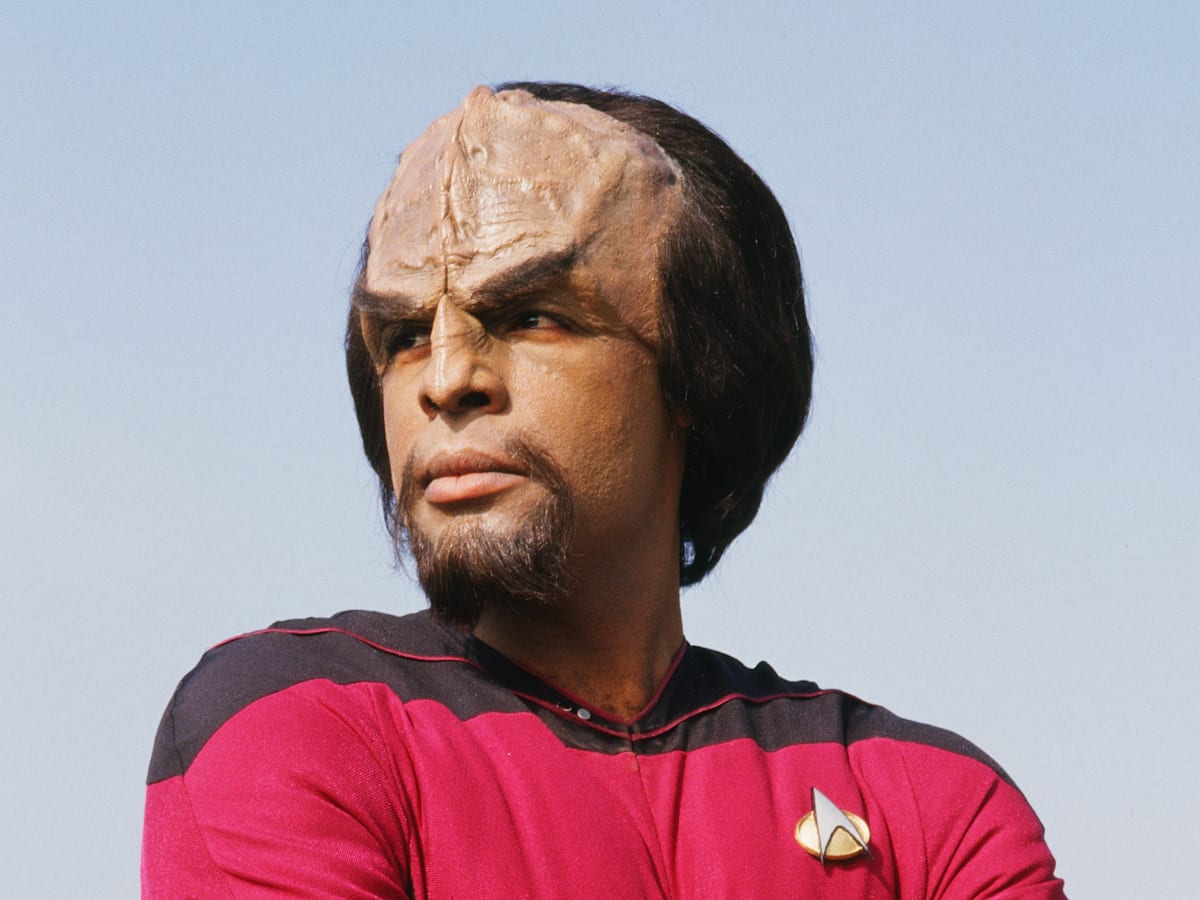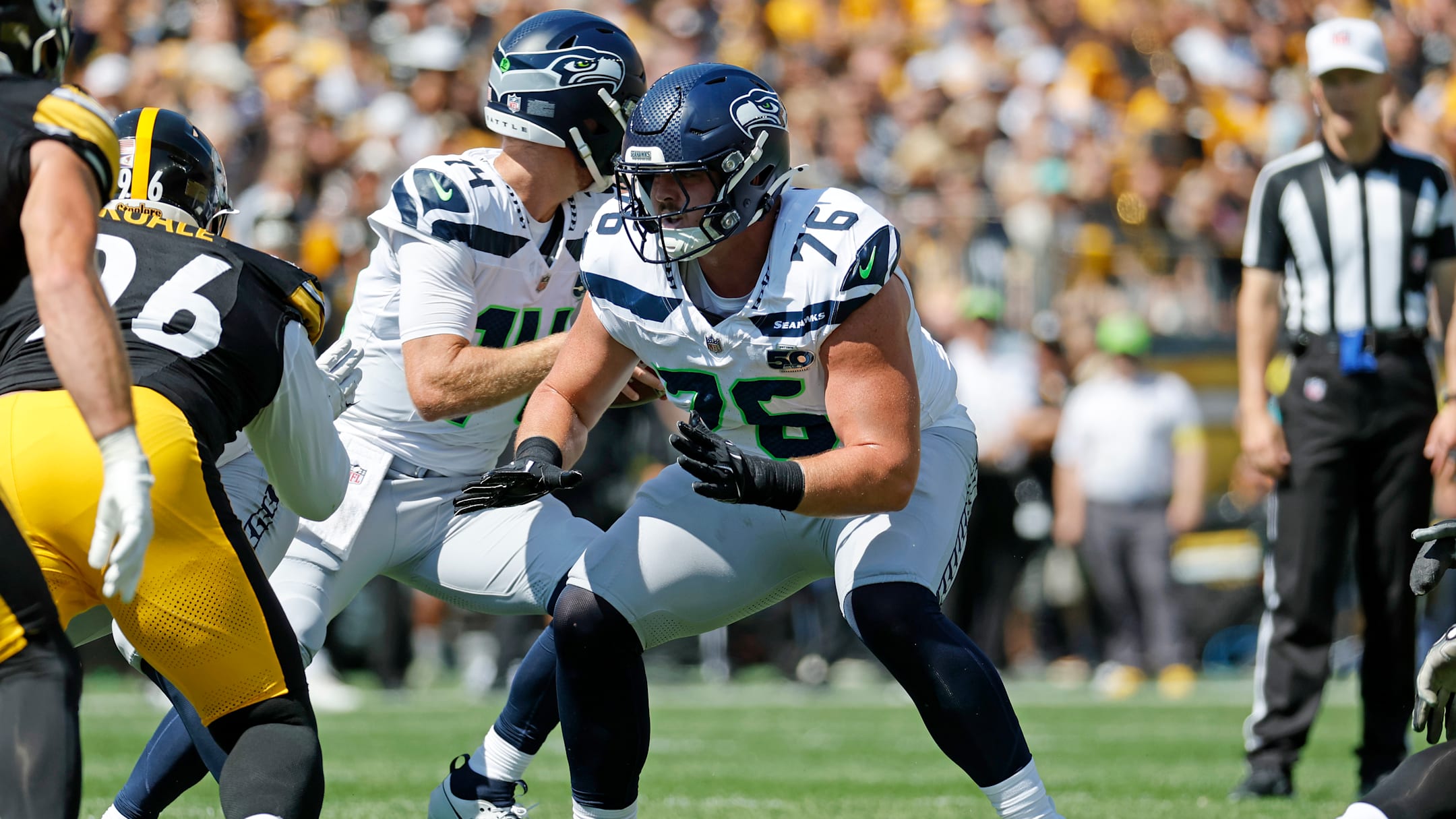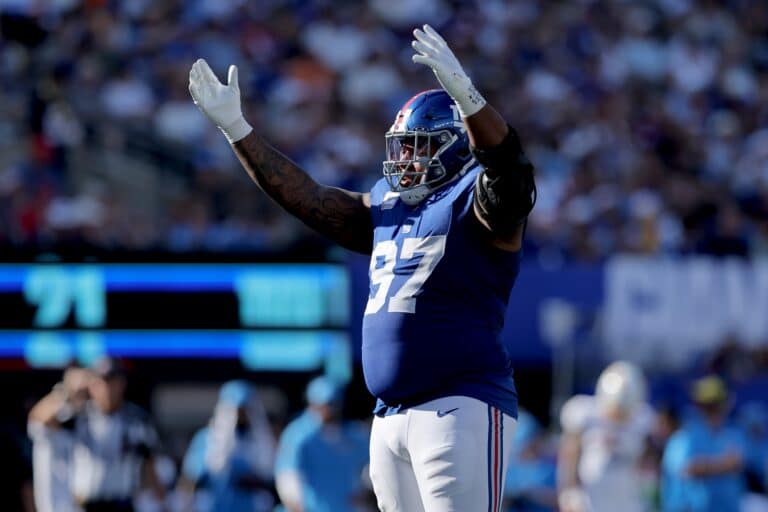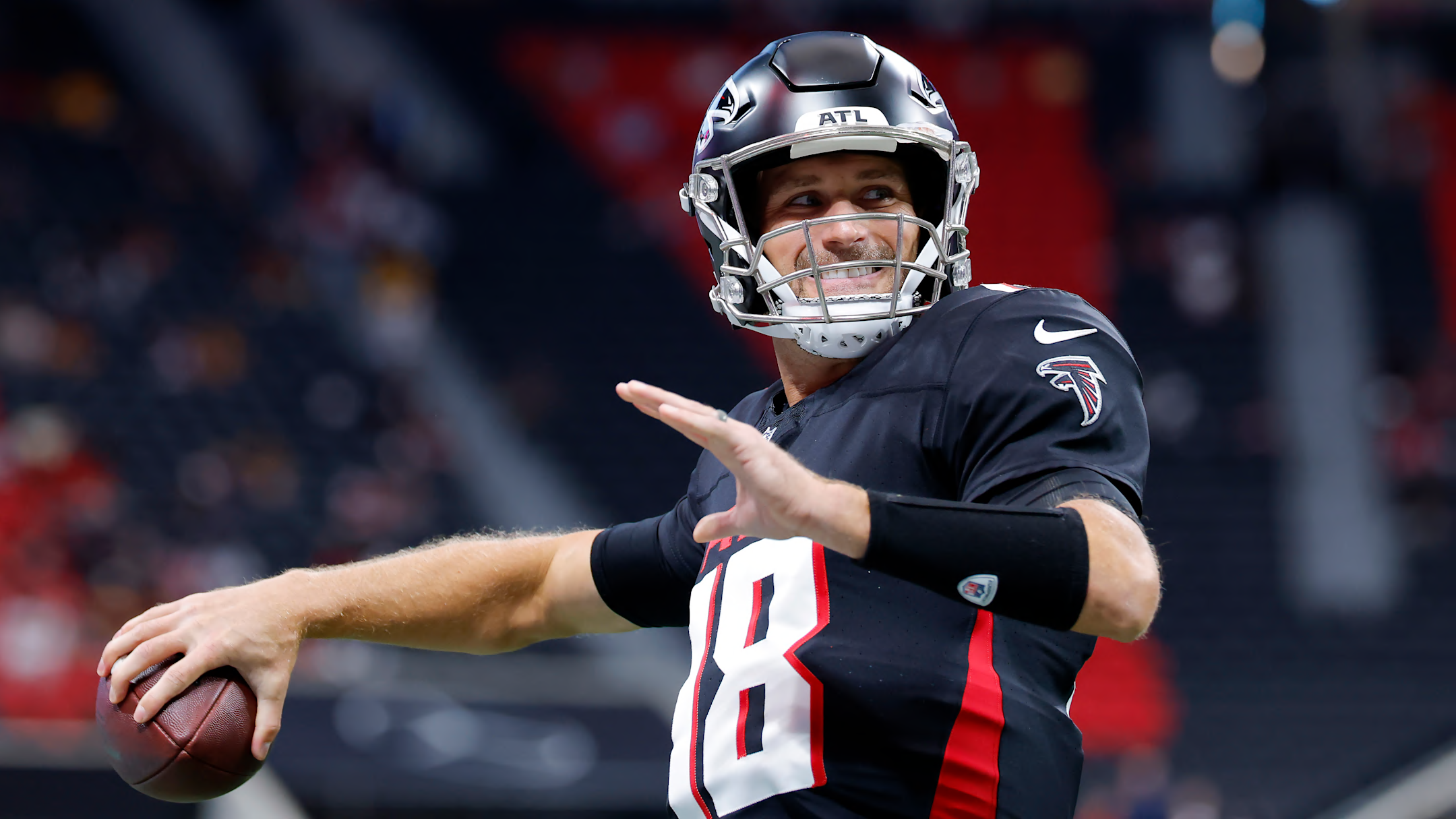The Massive Lie The Walking Dead's Creator Told To Get The Comic Published
Although zombies were popular throughout the late 2000s and 2010s, they were seen as largely played out when comic writer Robert Kirkman pitched "The Walking Dead." It was the early 2000s and the groundbreaking "28 Days Later" hadn't even been released in the United States. So, when Kirkman approached the comic publishing company Image with an idea for a black-and-white zombie series, it hesitated.
"When I pitched 'The Walking Dead' to Image, Jim Valentino and Eric Stephenson were running the company, and they both felt that 'The Walking Dead' as a straight zombie book didn't have enough of a hook to it," Kirkman explained in a 2007 IGN interview. It may seem silly in hindsight, but the elevator pitch for "The Walking Dead" is indeed sort of basic: It's a standard story about a group of survivors in a zombie apocalypse, with the main thing distinguishing it being its sheer longevity. "The Walking Dead" thrives because it lets its characters slowly evolve over the years, but that feature doesn't immediately stand out in the comics' first issue.
Kirkman's solution to this problem was to do a little of what he called "kind of fibbing" with the publishers. He told them that "The Walking Dead" wouldn't merely be a zombie story, but a zombie versus aliens narrative. As he explained:
"I had done a few books with them, so I felt comfortable doing this — I basically just lied to them and said, 'Well look, this is how it's going to be: The whole book is going to be as I pitched it, but as the issues progress, eventually I'm going to reveal that it was actually aliens who caused the zombie uprising. And it's going to be leading to this big battle between the humans and the aliens, and the aliens did this to kind of weaken the humans' military forces, and eventually it's going to be this big alien invasion.' And so they said, 'Oh yeah, that sounds sweet! Let's do that.' And so they approved the book based on that."
Read more: The 15 Best Western TV Shows Ever, Ranked
Kirkman doesn't feel too bad about making up The Walking Dead's zombies vs. aliens plot
Rick on horseback traveling down an empty highway in The Walking Dead - AMC
It didn't take long for the publishers to realize Kirkman had lied to them, but by that point they no longer cared. Kirkman recalled that publisher Eric Stephenson had finished reading the first issue after it had been released; he said he liked it, but he hadn't noticed any hints about aliens being responsible for the outbreak. Kirkman then remembered telling Stephenson, "Oh well, I gotta be honest with you ... that stuff's not going to happen. I was kind of fibbing a little bit, and I really just want to do a straight zombie book."
"And at this point, the book was being pretty well-received and there was a lot of buzz about it," Kirkman continued. "So, Eric wrote back something like, 'Well that's good, because I was kind of reading the book thinking, 'Hey he might ruin this by putting aliens in it.''"
Kirkman noted that the other publisher who'd approved it, Jim Valentino, "wasn't too thrilled" to find out about the deception. Kirkman said he felt a little guilty telling this story to journalists because Valentino had been such a positive force behind his work on "Invincible," another long-running comic series by Kirkman that began shortly before "The Walking Dead" and has since enjoyed its own popular TV adaptation. Valentino is someone Kirkman had (and has) a lot of respect for.
"I feel bad telling that story because, like I said, it does Jim a disservice," Kirkman admitted.
He also remarked that people seem to love hearing this anecdote, likely for the same reasons people love to hear about how the first "Harry Potter" book was rejected by 12 publishers. It helps give the author a fun underdog narrative, and it contributes to the comforting idea that the people who reject us don't know what they're talking about. But as Kirkman made clear, the publishers' concerns about "The Walking Dead" had been reasonable. Throwing aliens into the mix would've been terrible, we all agree today, but back in the early 2000s it wasn't obvious at all.
If you're looking for the easiest way to keep up with all the major movie and TV news, why not sign up to our free newsletter?
Worf is Star Trek's finest example of multiculturalism

The story of Star Trek has always been one of outsiders turned heroes. From Spock to Data to Odo to Seven of Nine and onward, Star Trek almost always has a humorless observer looking in, at once the resident straight man and the butt of the joke. Take Commander Data. Wafting above his peers with the kind of unflappable self-confidence that only a machine can muster, incapable of the kind of social vulnerability that comes with shame or fear.

Even if Data wanted to be more like a human, he could not be wounded by embarrassment. But at the end of the day, unfailingly, he could still function as well as any officer in the fleet. Watching Data gave me strength to let me conquer my own fear and to trust that the average person would rather be my friend than my enemy.
Now, I realize that my problems are not like Data’s. His home planet was destroyed, and beyond a brother with a malfunctioning brain, he was the first and last of his kind. He never had to worry about the consequences of his past catching up with him, because for all he knew, there were none. Data was a character with the luxury of blissful aloofness, which, in many ways, makes Worf his exact opposite.
Worf was always an outsider. But unlike Data, he always had a chip on his shoulder. From day one, while Data was whistling, Worf was asking for permission to clean up the bridge. While Data was making friends and doing poetry recitals, Worf was off using the holodeck for sword fights and target practice. And while Data was beloved by his crewmates and
He was perpetually annoyed, always one bad moment away from bearing his teeth and growling. But most unlike Data, who had no worlds to call his own, Worf had two. Born to Klingons and raised by humans, Worf served as a pioneering test case in Federation multiculturalism by becoming the first Klingon to serve in Starfleet. But while the humans found it in their hearts to accept him, he always had a hard time accepting himself.
Right off the bat, the leadership of his own people forced him to accept a public shaming on behalf of his dead father for a crime they knew he did not commit, all to conceal the guilt of the real culprit, a powerful political wheeler-dealer with the power to spark civil war. From this moment, Worf was slapped in the face by a cold new reality: his people were not beneath rank hypocrisy.
But Worf never stopped loving his people. He kept his Klingon weapons and candles in his quarters, always wore his family baldric, and practiced tai-chi-esque routines from his home planet known as Mok'bara.
And even though his job as the USS Enterprise-D's chief of security — following the tragic death of Tasha Yar — put him into contact with a steady stream of dishonorable Klingons. He was always proud to be one of their kind. However, while Worf did not have Data’s charming aloofness to endear him to his crewmates, he had something Data did not: a profound moral conviction that he was doing the right thing.
Worf’s internal conflict over his cultural and moral identity came to a premature crescendo during the Klingon civil war, when he left his post to fight for Chancellor Gowron, a bold and calculating politician whom he hoped would restore honor and purge corruption from the empire. Gowron won and acted quickly to reverse Worf’s public shaming and restore his family’s honor.
Worf realized something was wrong at a bar on Q’onos during the war, where Klingon warriors on opposite sides of the conflict were toasting and joshing with each other, as if this unholy feud was a joke to them. When he tried to protest, his brother Kurn advised him to pipe down and just enjoy it. Essentially, the explanation was a simple “boys will be boys.” Worf conceded, but it did not sit right with him.
Years later, in Star Trek: Deep Space Nine, Worf was stabbed in the back with the cruelest stroke by the man for whom he had put his life on the line. Gowron’s government, in a vague counterterrorism push based on little more than speculation and hearsay, invaded the Cardassian Union in a thinly veiled attempt at imperial expansion. Worf was forced to watch as his homeland’s reputation as honorable warriors self-destructed before the eyes of the galaxy.
Worst of all, Worf was forced to tell Gowron to his face that he could not support his Cardassian invasion, only to be excommunicated from the Klingon empire as a result. Everything he believed in was throttled to death by power mad bureaucrats. I suppose that anyone reading this will not need to look far for modern parallels.
Having seen his idealized dream of the Klingon Empire destroy itself in real time, one could have forgiven Worf for shrinking away from his duties and becoming a recluse. But after briefly considering resigning his commission, Worf doubled down on his commitment to the only home he had left: Starfleet. He remained on Deep Space Nine, helping to protect not just the Federation but the entire Alpha Quadrant against his kith and kin. And because he did, Worf not only became a better officer, but a better warrior.
When Cardassia allied with the Dominion after the Klingon invasion, the Klingons suddenly found themselves the underdogs and Gowron was forced back into an alliance with the Federation to defeat a shared military threat. Just like that, Worf was no longer persona-non-grata because he stayed the course and remained the same trustworthy officer he always was — the shifty Klingon bureaucracy eventually shifted back to him.
Worf’s finest moment as a Klingon came at the tail end of the Dominion War. The Federation's forces had been hobbled by a new enemy weapon that drained the power from their ships, leaving the Klingon fleet the last line of defense until Starfleet could troubleshoot the problem. It was at this moment that Gowron chose the worst possible time to fly into megalomania.
Seizing control of the Klingon fleet from his own generals, he ordered his forces into unwinnable battle after unwinnable battle, claiming that the element of surprise and their warrior courage would be enough to even the odds.
Unable to reason Gowron out of his madness, Sisko ordered Worf to do whatever was necessary to terminate Gowron’s command. It was a difficult choice for Worf; no matter how power-mad Gowron had become, he was still the man he had put his life on the line to install as chancellor all those years ago. It was time for Worf to unblinkingly confront his self-contradictory outlook on Klingon righteousness.
His conception of his people as a happy, head-butting band of brothers could no longer suffice; if it did, the Dominion would sweep to victory. Worf had to kill Gowron, and with him, tear out the roots of Klingon hypocrisy. At a meeting of Gowron and his senior military staff, Worf stood up, removed his Starfleet badge and accused Gowron of laying down Klingon lives for a petty ego trip, knowing full well such a challenge would mean a duel to the death.
Gowron took the bait, a clash ensued, and Worf prevailed by the skin of his teeth. As the chancellor lay dead, his military brass declared Worf the new chancellor of the Klingon empire. But by then, Worf had cultivated enough self-awareness to know who he was: not a politician, but a loyal soldier. He
handed off the chancellorship to a friend he could trust: General Martok, who was also the Supreme Commander of the Ninth Fleet.
When the Dominion War finally ended, Martok rewarded Worf for his efforts by appointing him as the Klingons’ Federation ambassador. Leaving Starfleet with honors, Worf had achieved his ultimate dream: he had succeeded as a Klingon and as a Starfleet officer. His unyielding sense of honor had finally paid off for him.
Worf was not a flashy man. He was not a quipster, or a showboat, or a guy who you could have a beer with. He was an angry man with deep seated fears of inadequacy, one who refused to sugarcoat hard truths even to a dying man. But at the end of the day, he had a strong sense of what was right and wrong. For my money, he remains Star Trek’s finest exhibit of multiculturalism: a man who was willing to learn from humans, Klingons, and whoever else he found to be just and righteous.
He never took off his Klingon baldaric, never sold out his Starfleet commanders, and emerged respected by both societies — and more importantly, by himself. The lesson — one that the Star Trek franchise swears by — is that even notwithstanding the Prime Directive, some value systems are simply universal.
Worf really is a character that many of us have grown up with. As for me, I am an observant Jew who spent 23 years of my life growing up in America. When I am unsure if I am doing the right thing by Jews and gentiles, I cannot go wrong by asking myself: what would Worf do?





